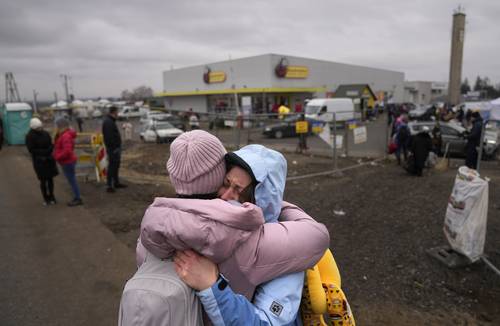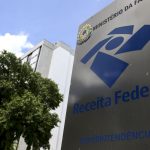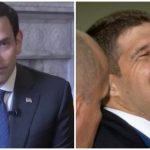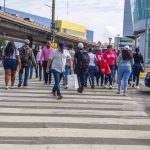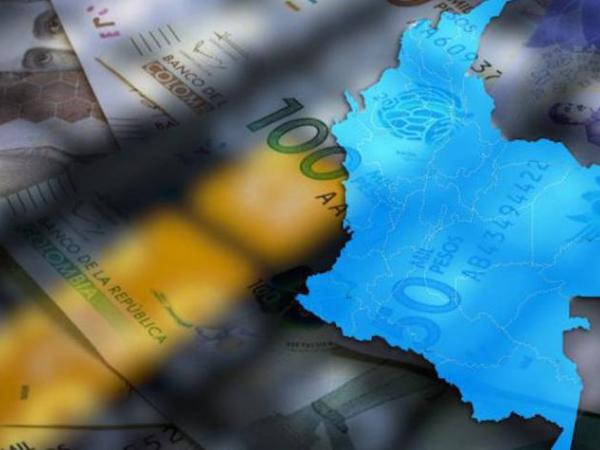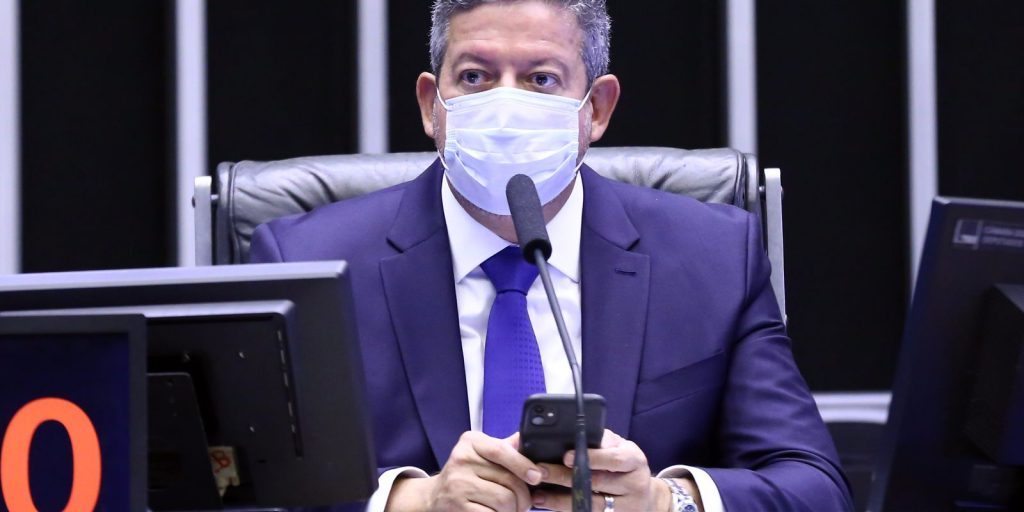AND
n our globalized and interconnected world, a conflict on the scale of the war in Ukraine obviously has planetary consequences. Since the beginning of hostilities, on February 24, the planet’s two nuclear hyperpowers have begun a very dangerous confrontation. Washington, the European Union, the North Atlantic Treaty Organization (NATO) and all their allies – including the digital mega-corporations GAFAM (Google, Amazon, Facebook, Apple, Microsoft) – have now promised, in response to the invasion of Ukraine, crush Russia, isolate it, dismember it. Consequence: this is becoming a world war of a new kind. A hybrid hyper-conflict that at the moment, in its military aspect, is taking place in a specific and local theater: the territory of Ukraine. But that on all other fronts – political, economic, financial, monetary, commercial, media, digital, cultural, sports, space, etc. – it has been transformed into a global and total war.
Latin America is not a relevant actor in the scenario where the main geopolitical tensions linked to the Russia-Ukraine conflict take place. Except in its relations with Cuba, Venezuela and Nicaragua, Moscow does not have, not even remotely, the influence in the region that Washington has always had and that Beijing has recently achieved. For example, in 2019, to give us an idea, South America exported goods and services worth 66 billion dollars to the United States and 119 billion to China, but barely 5 billion to Russia.
Obviously, like the rest of the world, this new global situation has an impact on Latin America and the Caribbean, above all because of its economic repercussions. The prices of all those raw materials of which Russia and Ukraine are important producers have skyrocketed, in particular oil and gas, but also various metals: aluminum, nickel, copper, iron, neon, titanium, palladium, etc.; some food products: wheat, sunflower oil, corn… and also fertilizers. All importing countries of these inputs will be strongly affected.
Against a global backdrop of rising inflation (see “Underlying the Inflation ‘Threat’,” in https://cutt.ly/OAvsyr8), these cost increases will contribute in some nations to a sharp rise in prices, particularly in transport, electricity, bread and other food products. In Latin American societies that have just been hit hard by the consequences of the covid pandemic, it is not impossible, therefore, for popular protests to take place in several countries against the increase in the cost of living (see the article by Ernesto Samper A former president speaks
on https://cutt.ly/xAvsdES). Conversely, the states that export hydrocarbons, minerals or cereals – for example, Venezuela, Chile, Peru, Bolivia, Argentina or Brazil – will benefit from the current significant rise in prices.
The new sanctions imposed on Moscow and the closure of airspace throughout the North Atlantic to Russian planes will also affect, in particular, the tourist powers of the Caribbean, in particular Cuba and the Dominican Republic. For both countries, Russia was in 2021, respectively, the first and second issuer of tourists. The war in Ukraine could cause them to lose, this year, some 500 thousand visitors and billions of dollars…
Lately, Moscow has tried to approach the region in various ways, including during the health crisis during the covid-19 pandemic. When the rich nations monopolized the vaccines, the Kremlin knew how to respond presently: Sputnik V was the first vaccine to arrive (although not for free) in Argentina, Bolivia, Nicaragua, Paraguay and Venezuela. In the geopolitical aspect, for years Vladimir Putin has had the ability to provide political and diplomatic support to governments in the region sanctioned by Washington, such as those of Venezuela, Cuba and Nicaragua, which, as part of their strategy of resistance against US measures have intensified relations with Russia, including on the military side.
Let us remember that, when the tension was rising in the weeks before the war, there were those statements by the Russian Deputy Foreign Minister, Sergey Riabkov, who did not rule out a military deployment
in Cuba and Venezuela as a response to Washington’s policy in Ukraine. The US National Security Adviser, Jake Sullivan, replied that if Russia advanced in that direction
United States will deal
with that decisively
. In this sense, the president of Colombia, Iván Duque –the only Latin American country with extracontinental NATO partner status–, during his recent visit to the headquarters of the Atlantic Alliance, in Brussels, expressed his concern about the deepening cooperation between Russia and China, including their support for Venezuela
. And he stated in later days that he was confident that Russian military assistance to Venezuela is not used to threaten Colombia
… For his part, Russian Foreign Minister Sergey Lavrov declared that Moscow will strengthen its strategic cooperation with Venezuela, Cuba and Nicaragua in all fields
.
In the days that preceded the start of the war, Putin successively received in the Kremlin, with great cordiality, two important South American leaders: Alberto Fernández, from Argentina, and Jair Bolsonaro, from Brazil. The first offered the Russian president that his country be the front door
from Moscow to Latin America… Putin replied that Argentina should stop being a satellite of Washington and stop depending on the International Monetary Fund (IMF). To Bolsonaro, the Russian president proposed the construction of several nuclear power plants and the revitalization of a technological alliance between the two countries in cutting-edge areas such as biotechnology, nanotechnology, artificial intelligence and information technology.
Days later, Russia invaded Ukraine… Several Latin American leaders –particularly President Nicolás Maduro of Venezuela– declared that they understood Moscow’s exasperation in the face of constant provocations from the United States and NATO. But no country in the region unconditionally aligned itself with the Kremlin’s positions. All, ultimately, in one way or another, including Cuba, Venezuela and Nicaragua, defended international law, the United Nations Charter and advocated a diplomatic understanding to resolve the crisis by peaceful means and effective dialogue that guarantees the security and sovereignty of all, as well as regional and international peace, stability and security.
Despite the intense diplomatic activity displayed by President Putin to explain his point of view, in direct telephone conversations with different Latin American leaders, when the moment of truth arrived, on March 2, at the UN General Assembly, On the occasion of the vote on a resolution condemning the invasion of the Ukraine, Russia appeared singularly isolated. Only four states in the world (Belarus, Syria, North Korea and Eritrea) supported his war against Kiev. In Latin America he could not count on a single favorable vote.
* Taken from Le Monde Diplomatique
